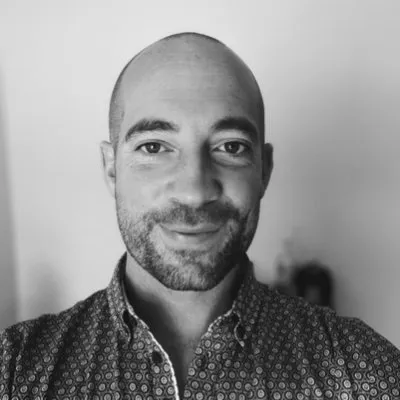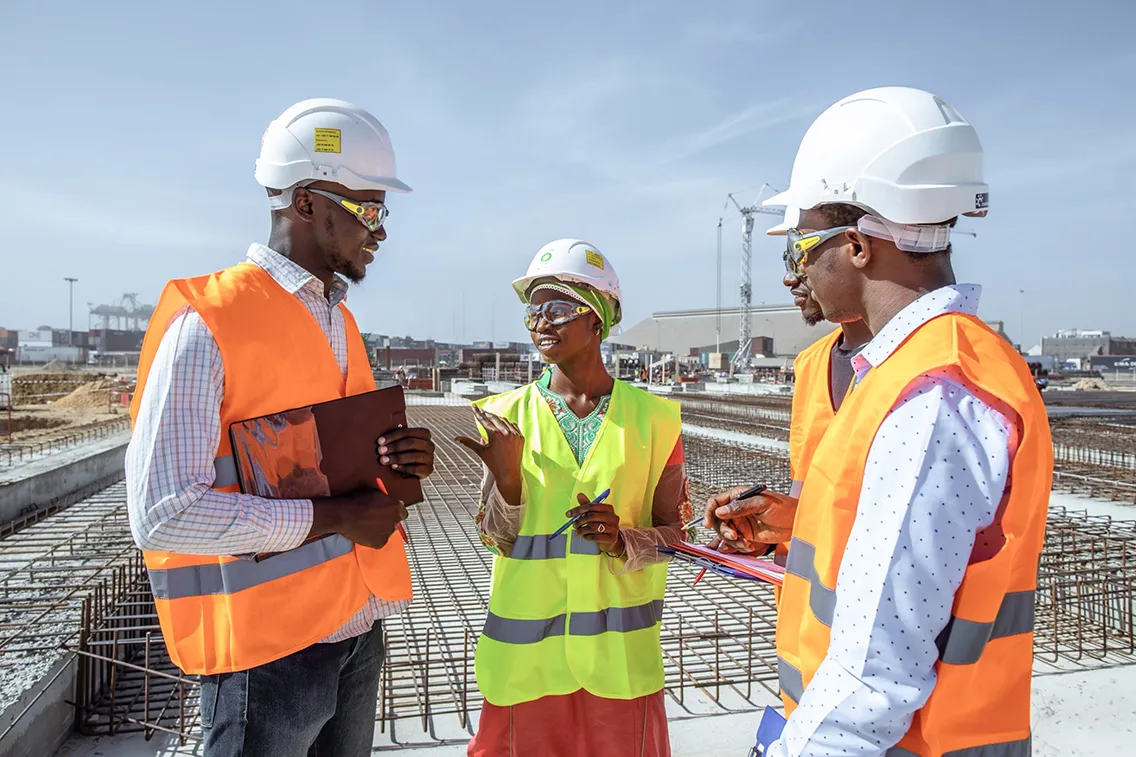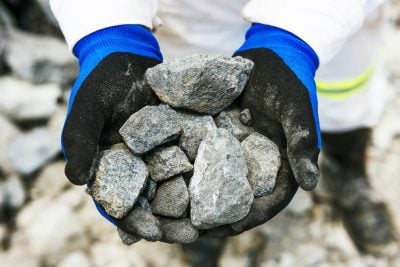This article was produced with the support of Ministry of Energy and Petroleum of the Islamic Republic of Mauritania
Mauritania is on the cusp of joining the ranks of the world’s major gas producers. Building on the momentum of the Greater Tortue Ahmeyim (GTA) discovery, the BirAllah gas field – discovered in the same year and deemed commercially viable in 2019 – lies entirely within Mauritanian waters. As Mauritania capitalises on these discoveries, BirAllah’s development has the potential to solidify its status as a key energy player.
With substantial reserves of 80 trillion cubic feet (TcF) and an anticipated annual output of 10m tons of liquefied natural gas (LNG), BirAllah lies roughly 40 kilometres north of the GTA field, resting at ultra-deep depths of 2,800 meters.
Plans include a robust midstream operation anchored by a gas-to-power plant under an independent power producer (IPP) agreement, along with a dedicated special energy zone at N’Diago Port.
This ambitious framework aims to boost economic growth, create jobs, and expand Mauritania’s petrochemical and steel processing sectors, establishing N’Diago as a centre of industrial activity.
In October 2022, to expedite BirAllah’s development, the Mauritanian government initiated discussions with BP, the field’s original contractor, to explore the technical and economic conditions required to push the project forward. Mauritania proposed using N’Diago Port as a base for gas liquefaction, storage, and export facilities, setting a timeline to move the project toward a final investment decision (FID) by the second half of 2025.
However, BP ultimately decided not to proceed with the timeline and requested a four-year extension for further engineering studies. “The conditions weren’t met for the extension, and the contract expired,” the Minister of Energy and Petroleum, Mohamed Ould Khaled, tells African Business. “We maintain a strong relationship with BP, which continues as the main developer of the GTA gas field and leads an ambitious green hydrogen project in Mauritania.”
Following BP’s exit from BirAllah, Mauritania has been proactive in advertising the field to a global audience. “We are currently stepping up our efforts to promote the BirAllah field by initiating contact with world-class companies with the technical and financial capacity to propose a development plan and negotiate new contracts,” Minister Ould Khaled says.
As a result, BirAllah remains an open opportunity for new partners who align with Mauritania’s vision of accelerated, sustainable development.
BirAllah’s anticipated production capacity, with initial estimates suggesting it could yield up to 4bn cubic feet per day, positions it as a transformative asset for Mauritania’s energy sector.
“BirAllah is truly a world-class discovery, first identified by Kosmos Energy in 2015 with the Marsouin-1 well and confirmed in 2019 with Orca-1. The Orca-1 well was celebrated as the largest ultra-deep gas discovery of its year,” says Chemsdine Sow Deina, Director General of Petroleum and Low Carbon Hydrogen at the Ministry of Energy and Petroleum.
“We also have significant data available, including seismic and well-related data. Due to its ultra-deep nature, developing BirAllah will require advanced technology beyond what other fields in the region typically demand,” Deina says.
Currently in the feasibility stage, BirAllah is expected to begin commercial production by 2030, with development costs estimated at $17bn. Operations are likely to extend until 2062, providing a substantial period for resource extraction.
In this regard, the government aims to use BirAllah not only as an export engine but also as a key contributor to domestic energy needs.
“The potential rewards are vast, placing our coastal basin squarely on the map as a major gas province in West Africa,” Deina adds.
Beyond BirAllah, Mauritania’s natural gas potential includes smaller prospects like Banda and Pelican, with a combined reserve of approximately 1.2 TcF. These smaller fields are essential for addressing anticipated electricity shortfalls, creating an interconnected network of gas-to-power projects to boost domestic energy availability. “Exploration must continue as it is a very stable basin, and if there is a further discovery, it will likely be significant,” Deina says.
Critical to realising this vision is the infrastructure needed to support the country’s energy ambitions. N’Diago Port, with its deep-water harbour and strategic proximity to major shipping lanes, is poised to become a central hub for gas liquefaction and export. The proposed special energy zone at N’Diago would provide essential infrastructure, amplifying the economic potential of the BirAllah and surrounding fields.
Mauritania’s approach to BirAllah shows Nouakchott is rooted to a vision of sustainable growth, with revenues planned to be reinvested into infrastructure and local initiatives to build lasting economic resilience.
“We have succeeded in creating a stable environment that can guarantee future energy expansion,” says Minister Ould Khaled, stressing that Mauritania’s deep commitment to security and political stability-key assets in attracting long-term investment – are continually enhancing the country’s role in the global energy landscape.

 Sign in with Google
Sign in with Google 



